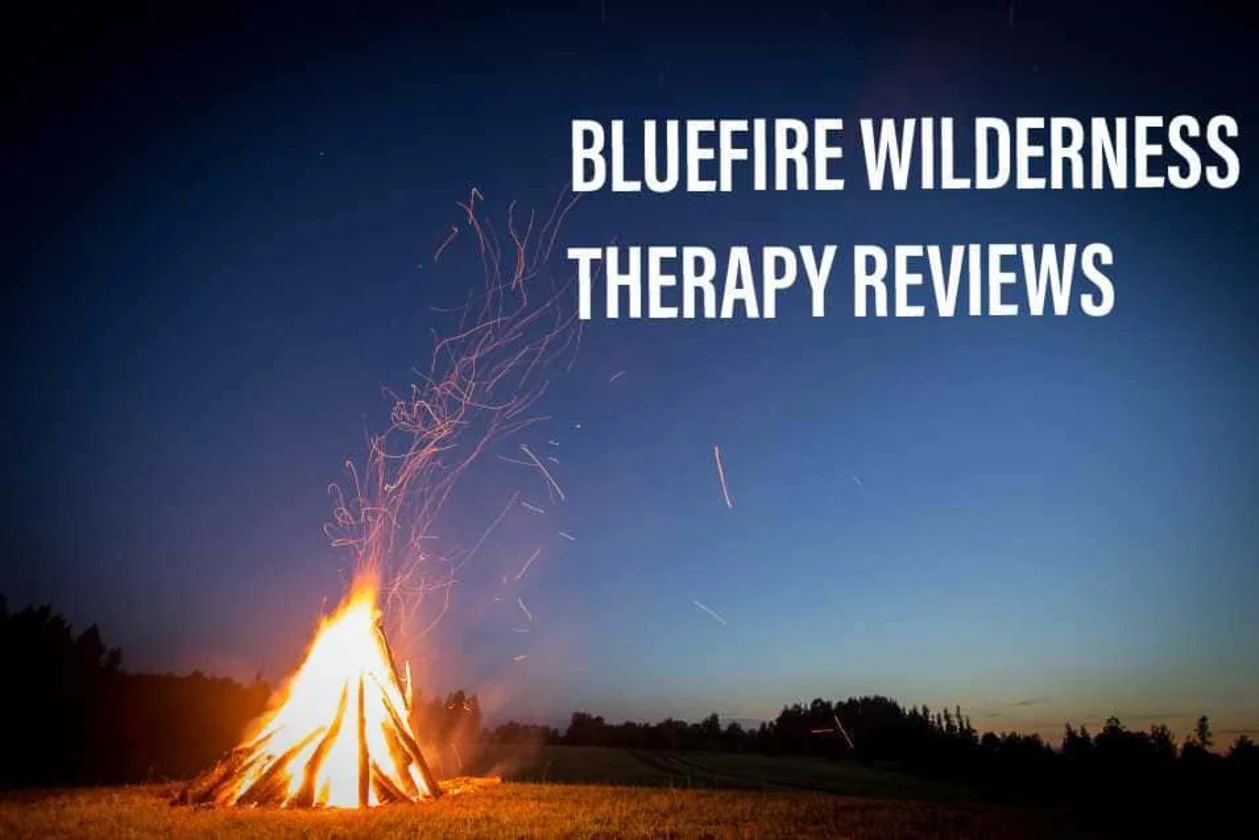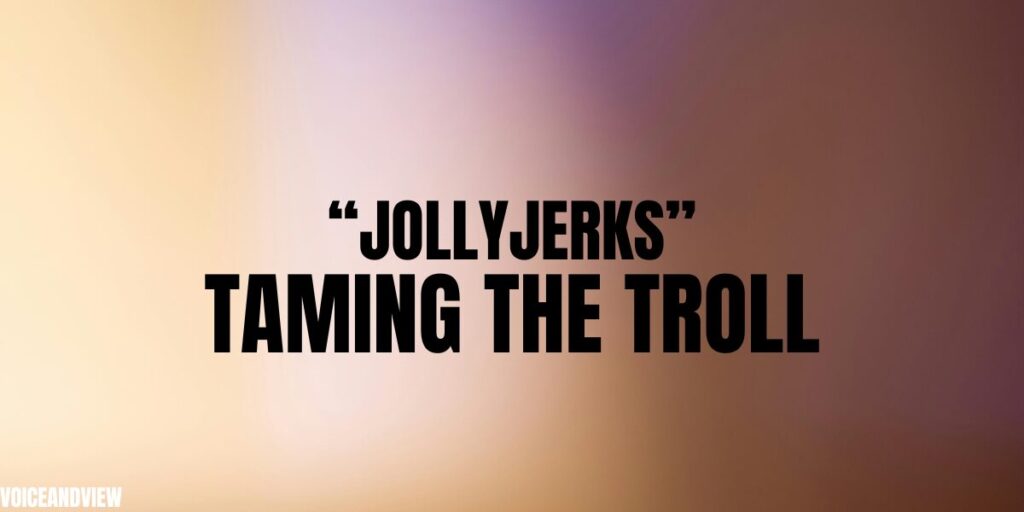wilderness therapy programs have gained popularity as alternative treatments for adolescents struggling with various behavioral, emotional, and psychological issues. Among these programs, BlueFire Wilderness Therapy stands out for its unique approach and therapeutic methods. This article provides an in-depth look into BlueFire Wilderness, exploring the therapy’s reviews, complaints, and any legal challenges it may have faced.
What is BlueFire Wilderness Therapy?
BlueFire Wilderness Therapy is a therapeutic program designed for teenagers and young adults who face challenges such as depression, anxiety, trauma, and behavioral issues. Located in the picturesque wilderness of Southern Idaho, BlueFire offers an environment where participants can disconnect from the distractions of modern life and engage in introspective and healing activities.
The program combines clinical therapy with outdoor adventures, such as hiking, camping, and rock climbing, aiming to foster personal growth, resilience, and self-discovery. BlueFire’s approach is holistic, incorporating individual therapy, group therapy, family therapy, and academic support to ensure a comprehensive treatment plan.
BlueFire Wilderness Therapy Reviews
Reviews of BlueFire Wilderness Therapy are generally positive, with many families and participants praising the program for its transformative effects. Here are some common themes found in the reviews:
- Effective Therapeutic Approach: Many reviews highlight the program’s success in addressing deep-seated emotional and behavioral issues. Participants often report significant improvements in their mental health and personal development. The combination of outdoor activities and clinical therapy is seen as particularly effective.
- Experienced and Compassionate Staff: The staff at BlueFire receive high marks for their dedication, expertise, and genuine care for the participants. Therapists and guides are praised for their ability to connect with teenagers and provide the support needed for meaningful change.
- Holistic and Individualized Treatment Plans: Families appreciate the personalized approach that BlueFire offers. The program tailors its therapeutic strategies to meet the unique needs of each participant, ensuring that they receive the most appropriate care.
- Family Involvement: BlueFire places a strong emphasis on family therapy, recognizing that healing and growth must involve the entire family system. Many reviews commend the program for helping to rebuild and strengthen family relationships.
However, it is important to note that experiences can vary, and not all reviews are entirely positive. Some families and participants have expressed concerns, which we will explore in the following sections.
BlueFire Wilderness Therapy Complaints
Despite the generally positive feedback, BlueFire Wilderness Therapy has also faced some complaints. These complaints typically revolve around the following issues:
- High Cost: One of the most common complaints is the cost of the program. Wilderness therapy programs are often expensive, and BlueFire is no exception. Some families have found the financial burden challenging, particularly when the insurance coverage is limited or unavailable.
- Adjustment Period: The initial adjustment to the wilderness environment can be difficult for some participants. The transition from a comfortable, technology-driven lifestyle to a more rustic, outdoor setting can be jarring, leading to initial resistance or discomfort.
- Mixed Outcomes: While many participants benefit significantly from the program, others may not experience the same level of success. Factors such as the participant’s willingness to engage in the process and the severity of their issues can influence the outcomes.
- Communication Issues: A few reviews mention concerns about communication between the program staff and families. Some parents feel that they were not adequately informed about their child’s progress or that there was a lack of transparency in certain aspects of the program.
BlueFire Wilderness Lawsuit
In the world of therapeutic programs, lawsuits and legal challenges are not uncommon. While BlueFire Wilderness Therapy has generally maintained a positive reputation, it has faced legal scrutiny on occasion. Here are some notable aspects:
- Safety and Risk Management: Wilderness therapy inherently involves outdoor activities that carry certain risks. Ensuring the safety of participants is paramount, and any incidents can lead to legal challenges. BlueFire, like other programs, has faced scrutiny regarding its safety protocols and risk management practices.
- Allegations of Mistreatment: Some lawsuits have alleged mistreatment or negligence on the part of the staff. These claims can arise from disagreements about the therapeutic methods used or specific incidents that occur during the program. It is crucial for such programs to have robust policies and procedures to address and investigate any allegations promptly.
- Regulatory Compliance: Wilderness therapy programs must comply with various state and federal regulations. Legal issues can arise if a program is found to be non-compliant with licensing requirements, staff qualifications, or other regulatory standards.
It is essential to approach these legal matters with a balanced perspective. While lawsuits can be concerning, they do not necessarily reflect the overall quality or effectiveness of the program. They do, however, underscore the importance of due diligence when selecting a therapeutic program for a loved one.
Conclusion
BlueFire Wilderness Therapy offers a unique and effective approach to addressing the complex needs of teenagers and young adults struggling with emotional and behavioral issues. With its blend of clinical therapy and outdoor adventure, BlueFire provides a transformative experience for many participants and their families.
Positive reviews highlight the program’s therapeutic efficacy, experienced staff, and holistic treatment plans. However, it is also important to consider the complaints regarding cost, adjustment difficulties, mixed outcomes, and communication issues.
Read More: Pikruos
Additionally, while BlueFire has faced some legal challenges, these are not uncommon in the field of therapeutic programs and should be viewed in context.
For families considering BlueFire Wilderness Therapy, it is crucial to conduct thorough research, ask detailed questions, and consider both the positive and negative feedback. By doing so, they can make an informed decision that best meets the needs of their child and family.
In summary, BlueFire Wilderness Therapy represents a promising option for those seeking an alternative approach to traditional therapy, offering hope and healing in the great outdoors.




